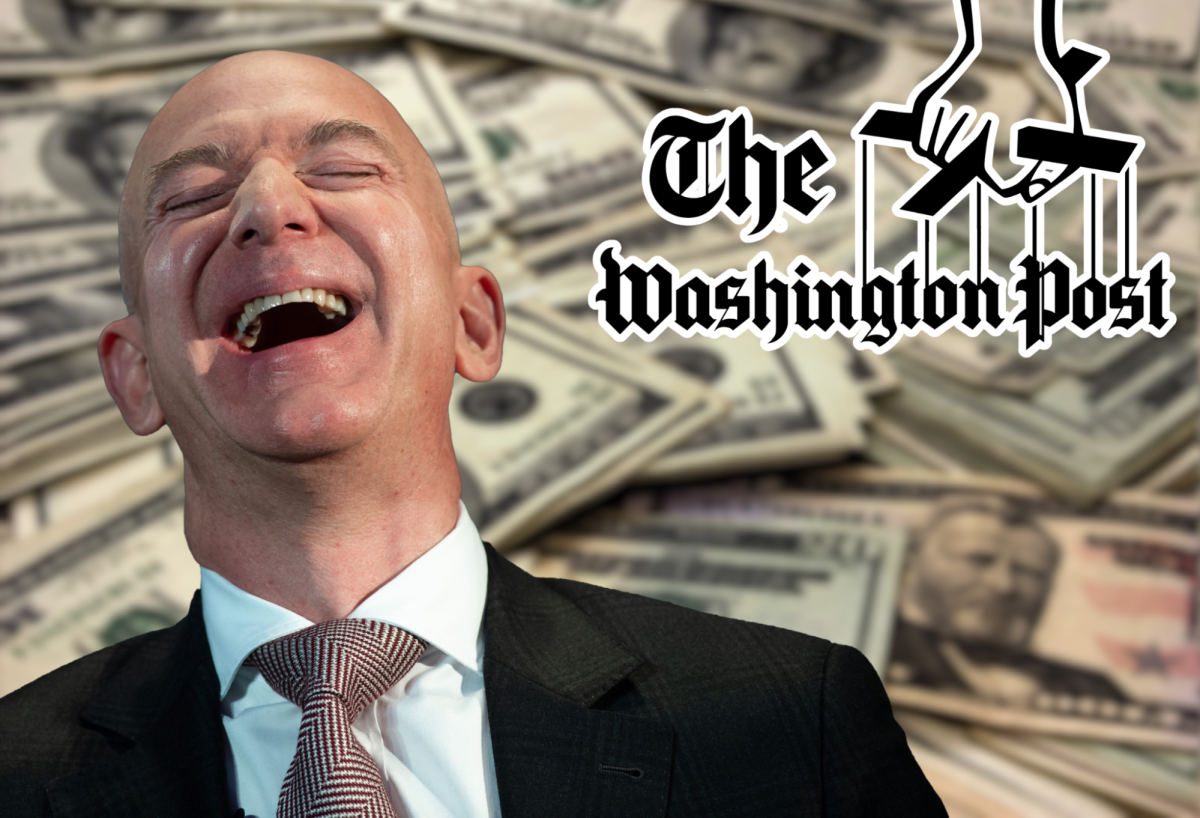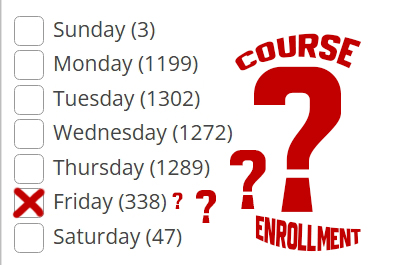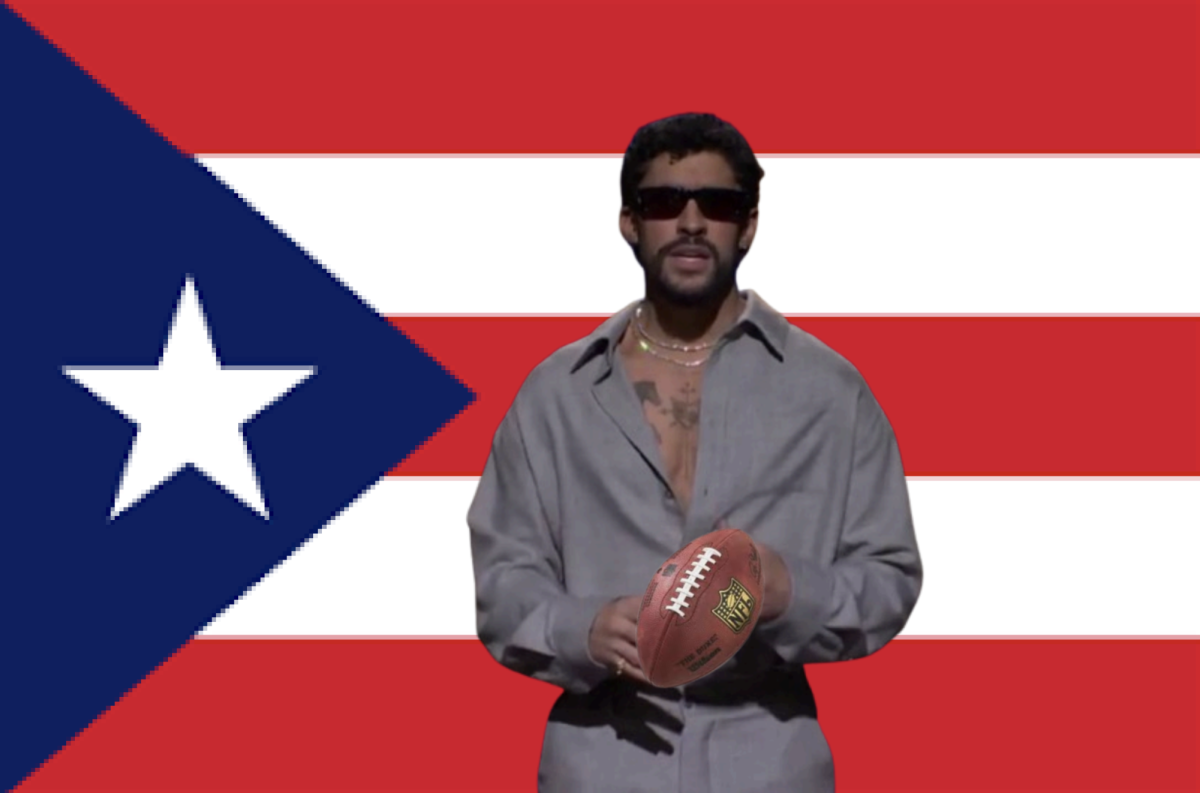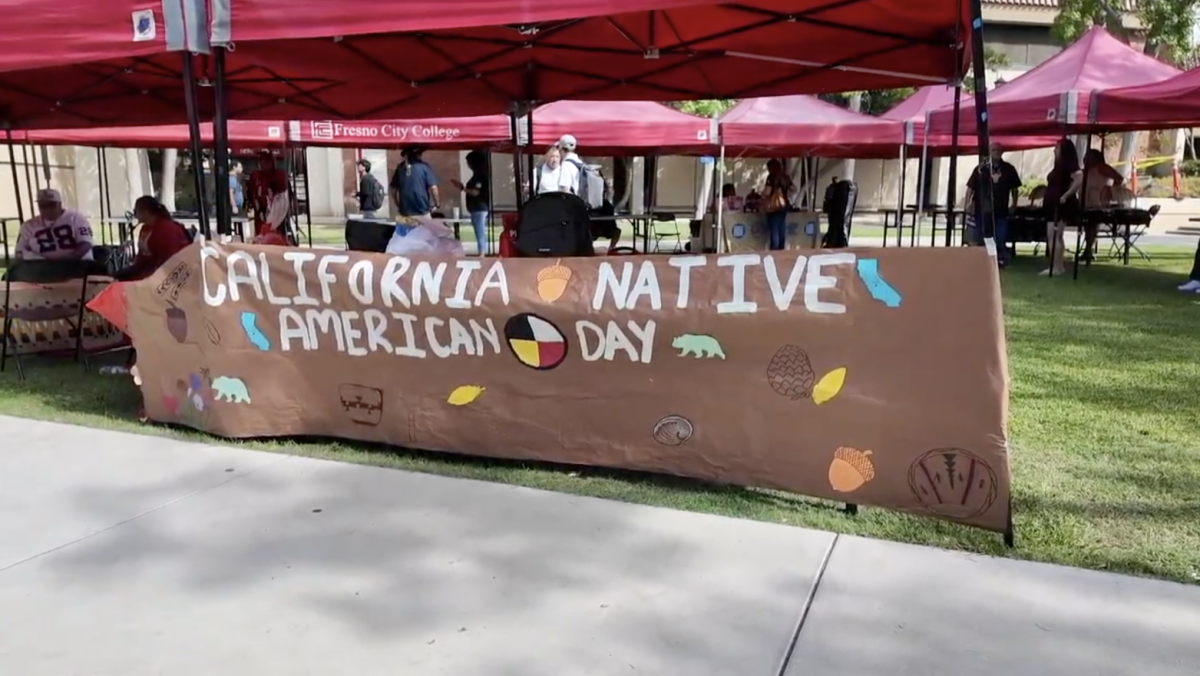Some say money talks and it crossed my mind when I dove into the recent decision to stop endorsing presidential candidates by The Washington Post, or WaPo for short.
WaPo has been circulating news around the country from our capital city since 1877, and bringing vital information to residents in the United States – information on the Watergate scandal is the first of WaPo’s impact that comes to mind.
Established newspapers like WaPo are also an instrument that business tycoons have been banking on for decades. The notion of wealth, power and influence has been weighing heavy on my mind throughout the 2024 election.
I looked back at WaPo’s publication history and found a slogan used by a previous owner, Eugene Meyer, a businessman who purchased WaPo in 1933.
Meyer established an interesting set of principles after he took over, and one of them was a declaration that states: “The newspaper shall not be the ally of any special interest, but shall be fair and free and wholesome in its outlook on public affairs and public men.”
As we fast-forward to modern times, you’ll discover that history has repeated itself once again.
The billionaire Amazon founder, Jeff Bezos, purchased WaPo in 2013, and recently defended the newspaper’s decision to stop endorsing presidential candidates.
According to archives, WaPo’s editorial board reflected on the decision to formally endorse Dwight D. Eisenhower, due to “unusual circumstances of the 1952 election,” and they wrote it might have been wiser for an independent newspaper to have “avoided formal endorsement.”
The notion of WaPo endorsing presidential candidates is something that loosely began to take root in the 1950s, and I agree with the idea to get rid of it one million percent.
Bezos argued that the decision to not endorse a presidential candidate is a way to “shore up credibility,” in the long run, and combat any perceptions of political bias.
“Our profession is now the least trusted of all. Something we are doing is clearly not working,” Bezos wrote in an opinion piece that was published on Oct. 28.
The announcement sparked backlash from readers, which is unsurprising. WaPo has reportedly lost 200,000 digital subscriptions and three editorial board members over this decision.
Current and former staff members are reportedly speaking out as well, and social media influencers are rushing to their platforms to either sell you something or take a stand.
A decision like this is designed to spark controversy, but I strongly believe politics is where we go wrong as journalists.
The concept of endorsing anyone or anything is the core reason why a deep sense of mistrust has been tacked onto the journalism profession.
Just watch how many times Sen. Josh Hawley name drops WaPo, and other news outlets, as a source of information during a congressional hearing against the CEOs of TikTok, X, and Facebook –which took place this January.
Members of Congress turn to our investigative reporting for additional insight and facts to construct legislation, and we should have never muddied the waters around that in the first place.
There’s a vital back and forth taking place between members of the public, members of congress and journalists with a very important circulation of “news” living in the direct center.
We can’t blur those lines anymore and we corrupt the perception with any sort of formal endorsements.
My passion is investigative education reporting, so I’m the person attending your local school board meeting either in person or via Zoom.
That type of journalism matters to me the most, and I feel the institution of it as a whole has lost sight of that on the mainstream level.
It’s become more centered on entertaining an audience to increase numbers, instead of giving the public an unbiased view of the information they need to make informed decisions.
I heavily agree with Jeff Bezos and the critical choice to revert back to the original standards of The Washington Post, despite how divisive this election has been.









